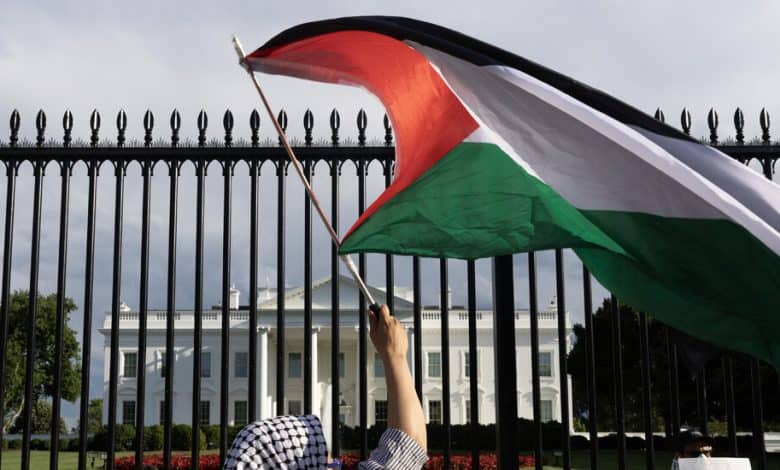How to Think Through the Moral Tangle in Gaza

I’ve been on a book tour for the last few weeks, speaking around the country, and one of the questions I get asked most often isn’t about my book at all but along the lines of: What should I think of the war in Gaza?
The toxic public debate is dominated by people with passionate views on both sides, but most people I meet are torn and unsure how to process the tragedy that is unfolding. That makes sense to me given how exquisitely complex real-world ethics are, as much as we may yearn for black-and-white morality tales.
With that in mind, I’d like to offer this highly personal road map for thinking about the war. Here’s a set of morally complicated, sometimes contradictory principles for a nuanced approach to sort out the issues.
1. We think of moral issues as involving conflicts between right and wrong, but this is a collision of right versus right. Israelis have built a remarkable economy and society and should have the right to raise their children without fear of terror attacks, while Palestinians should enjoy the same freedoms and be able to raise their children safely in their own state.
2. All lives have equal value, and all children must be presumed innocent. So while there is no moral equivalence between Hamas and Israel, there is a moral equivalence between Israeli civilians and Palestinian civilians. If you champion the human rights of only Israelis or only Palestinians, you don’t actually care about human rights.
3. Good for President Biden for pushing a proposal on Friday for a temporary cease-fire that could lead to a permanent end to the war and a release of hostages; as he said, “It’s time for this war to end.” Let’s hope he uses his leverage to achieve that end. It’s also true that Biden’s failure to apply enough leverage over the last seven months has made the United States complicit in human rights abuses in Gaza, because it has provided weapons used in the mass killing of civilians, and because it has gone too far in protecting Israel at the United Nations.
